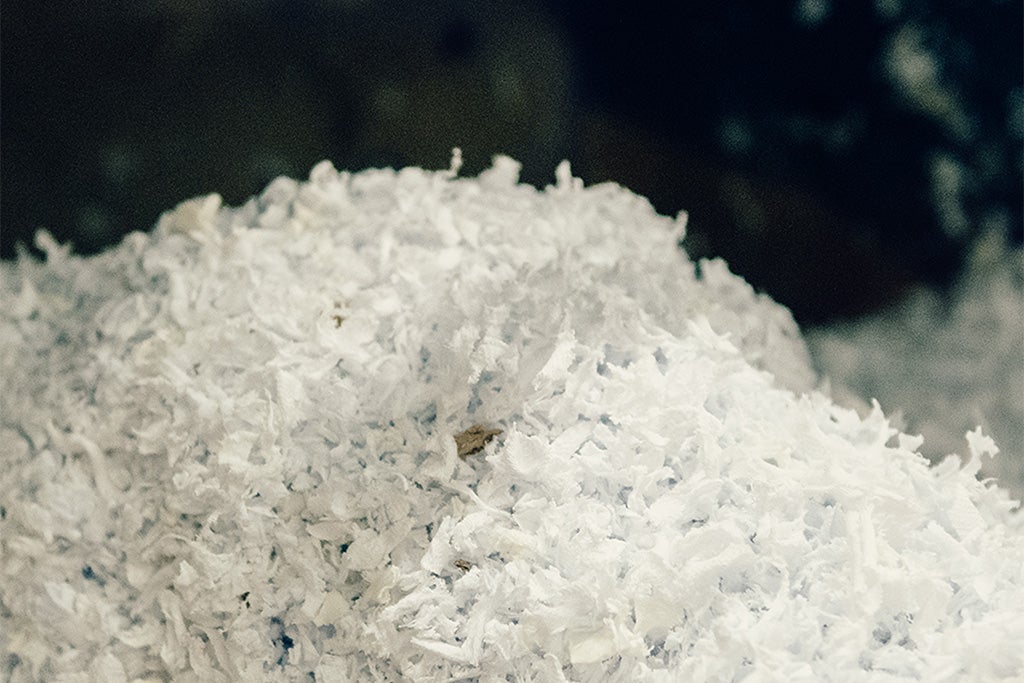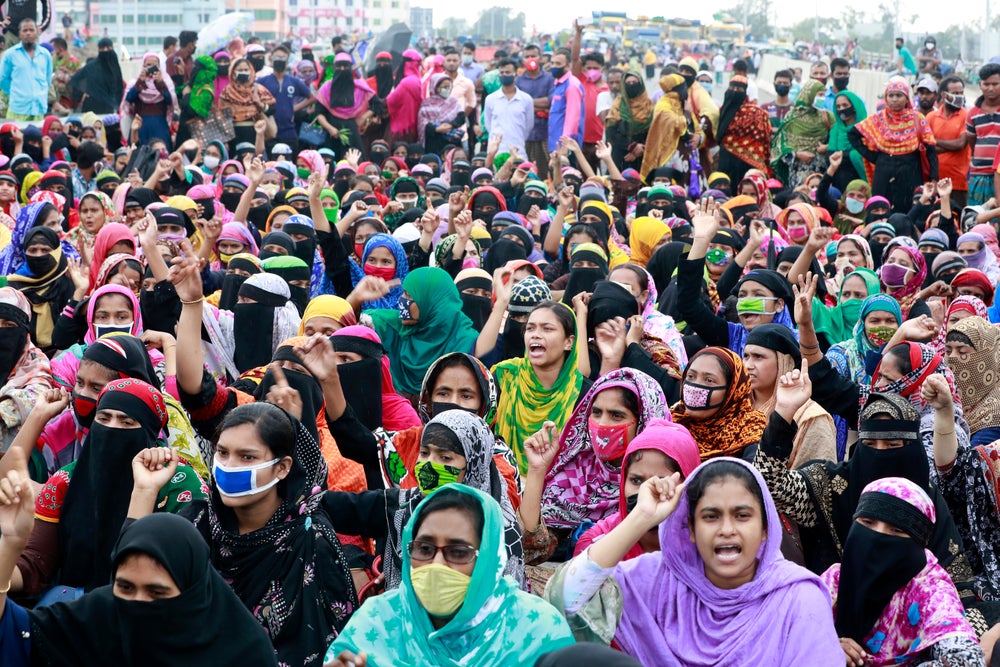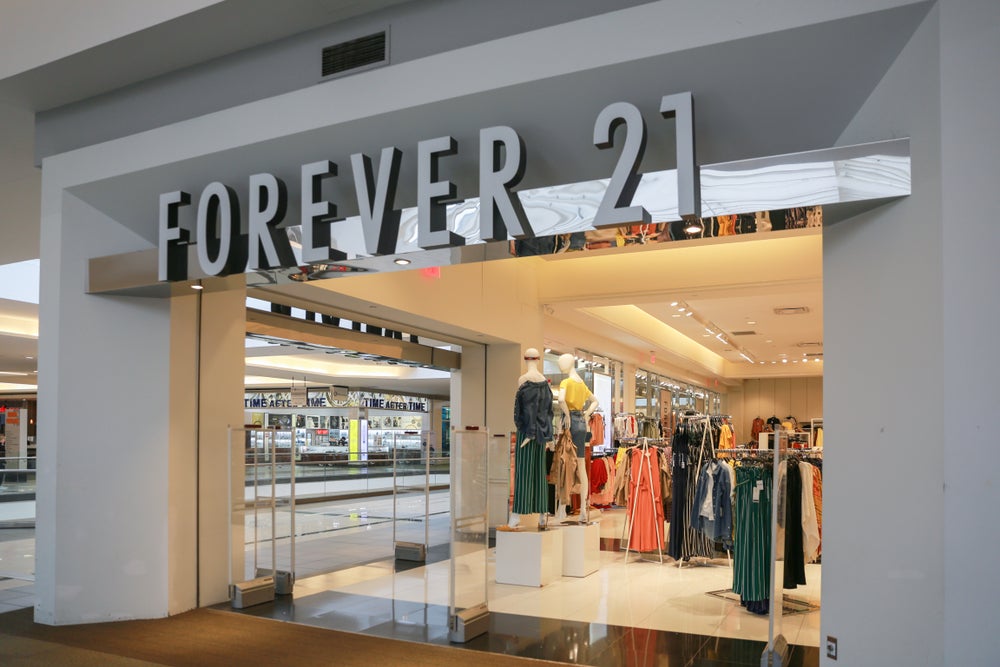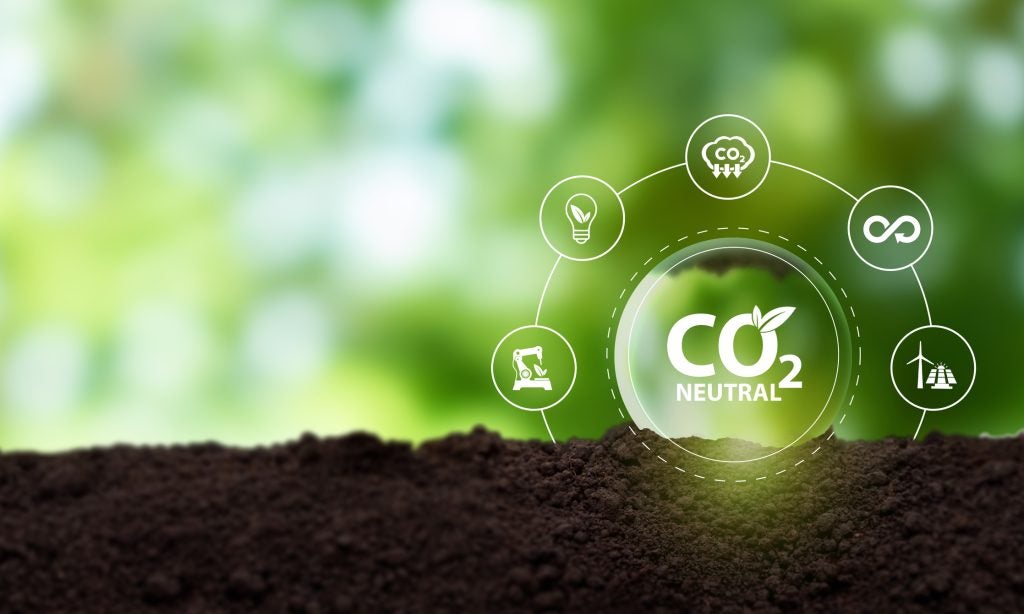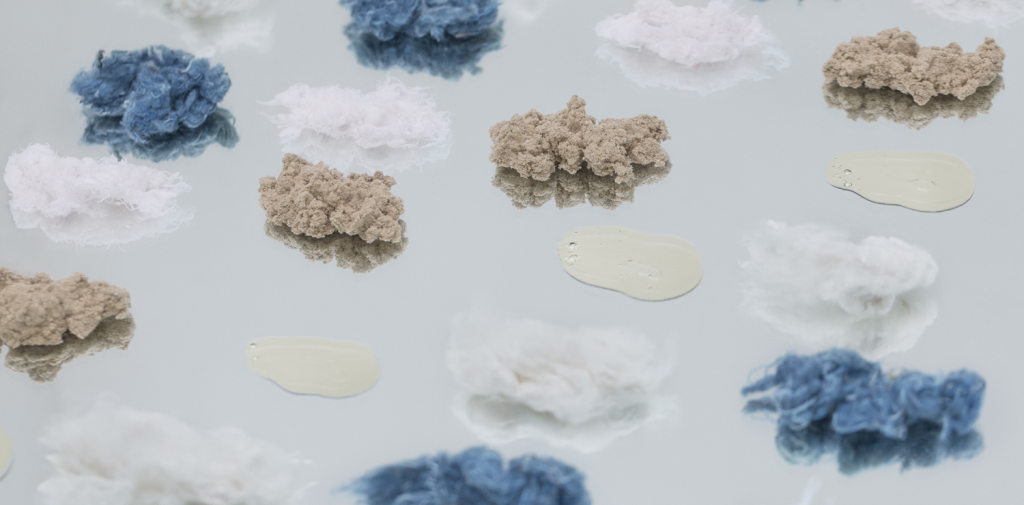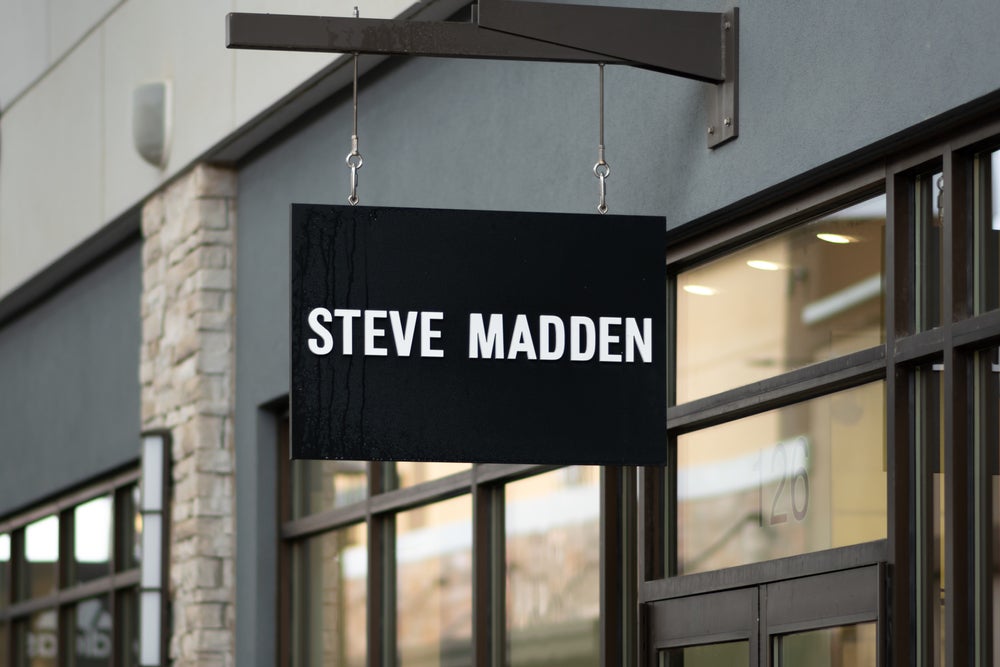Inditex plans to integrate Circulose pulp, which is produced by Swedish company Renewcell, into its collections.
Under an agreement with the fibre producer Tangshan Sanyou, which carries out the industrial process of transforming the pulp into textile fibre, Inditex's suppliers will acquire the first 2,000 tonnes of raw material made from a blend of Circulose and cellulose sourced from sustainably-managed forests.
Inditex points out that Renewcell has commissioned its first industrial-scale plant for the production of Circulose, which is a textile pulp made from cotton waste that is recycled in a chemical process.
As part of its plans for the staggered introduction of this new material, Inditex will continue to add this fully-recycled pulp to its fabrics over the coming seasons through its extensive network of suppliers.
Inditex says the addition of this new fibre to its ranges marks a step on its sustainability roadmap of only using textile fibres with a smaller impact on the environment by 2030.
Inditex adds that at least a quarter of its fibres come from next-generation fibres that currently have no industrial scale, in line with Canopy’s efforts to champion next-generation cellulose fibres.
The fashion conglomerate says it is actively fostering the inclusion of next-generation materials that are not yet industrially widespread and plans to replace conventional polyester with cycora in its products.


